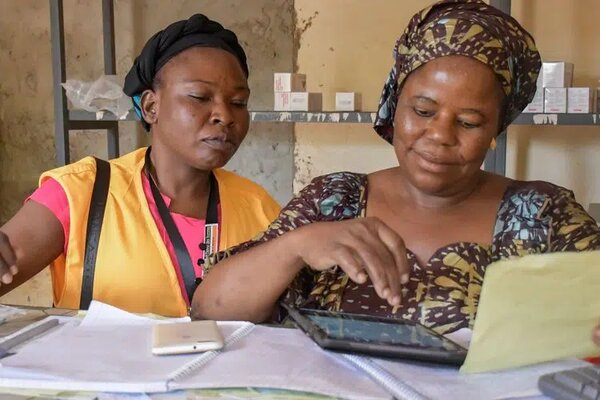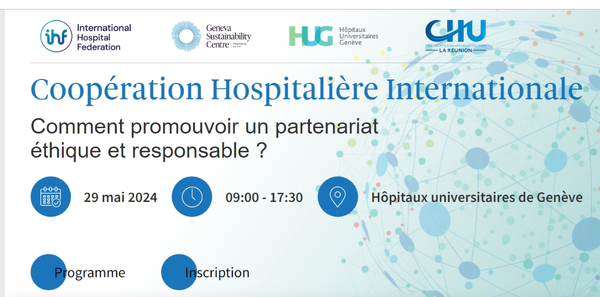Medicus Mund Schweiz ist als zivilgesellschaftliche Vertretung in der kanadisch-australisch-schweizerischen Delegation im Vorstand des Globalen Fonds zur Bekämpfung von Aids, Tuberkulose und Malaria vertreten. Das letzte Board-Meeting hat vor zwei Wochen in Genf stattgefunden – über eigentliche Entscheide, über welche ich hier exklusiv berichten könnte, hat der Vorstand nicht abgestimmt.
Deshalb sei hier über die Stimmungslage berichtet, die wohl viel über die Lage in globalen Gesundheitsinstitutionen zurzeit aussagt: Nervosität und Unsicherheiten allenthalben. Hintergrund dieses Stimmungsbildes bildet der Druck, dem sich die globale Gesundheit zurzeit ausgesetzt sieht. Dabei geht es um – vermeintlich – knapper werdende finanzielle Ressourcen, epidemiologische Veränderungen und politischen Druck.
Der Druck von rechts
Im Kampf gegen Aids hat sich die internationale Gemeinschaft das Ziel gesetzt, bis 2030 Aids zu beenden. Das wäre eigentlich ein durchaus realistisches Ziel, wenn da nicht der Druck von rechts und von religiösen Fundamentalist:innen auf die sexuellen Rechte und die Geschlechtergleichheit wäre. Dies ist ein weltweites Phänomen, das den Verantwortlichen des Sekretariates des Globalen Fonds wie auch verschiedenen Vertreter:innen im Vorstand grosse Sorgen bereitet. Gefährdet sind dabei die in den letzten Jahren erreichten Fortschritte im Kampf gegen Aids – und damit nicht zuletzt auch die getätigten finanziellen Investitionen.
Trotz medizinischer Fortschritte steht auch der Kampf gegen Tuberkulose und Malaria vor grossen Herausforderungen. Diese sind hauptsächlich epidemiologischer Natur: Die Bildung von Resistenzen machen neue und teurere Bettnetze notwendig, umweltbedingte Katastrophen und bewaffnete Konflikte zerstören bestehende Gesundheitsprogramme und werfen sie um Jahre zurück.
Der Global Disease Split
Der Globale Fonds ist weltweit der grösste Geldgeber bei der Bekämpfung von Malaria und Tuberkulose – mehr finanzielle Mittel würden dort eine stärkere Wirkung entfalten. Während rund 50% der weltweiten Gelder gegen Malaria und gar 82% der Gelder gegen TB über den Global Fund laufen, beträgt der Wert bei HIV/Aids 21%. Zurzeit werden die Gelder des Globalen Fonds wie folgt über die drei Krankheiten verteilt: Finanzielle Mittel bis 12 Milliarden Dollars gehen zu 50% an Aids, 18% an Tuberkulose und 32% an Malaria. Die Globale Fonds-Gelder über 12 Milliarden Dollar werden zu 45% an Aids, 25% an Tuberkulose und 30% an Malaria verteilt.
Vor dem Hintergrund, dass die SDGs-Ziele insbesondere im Kampf gegen Tuberkulose und Malaria noch weit von der Zielerreichung entfernt sind, gibt es Stimmen, welche im Hinblick auf die nächste Finanzierungsrunde das sogenannte "Global Disease Split (GDS)" zugunsten von Malaria und Tuberkulos verändern wollen. Diese Debatte könnte schwierig werden, da es absehbar ist, dass dem Globalen Fonds in der nächsten Finanzierungsphase weniger Geld zur Verfügung steht. Diese Verteilkämpfe könnten die kommenden Global Fund-Board Meetings prägen.
Martin Leschhorn Strebel
Netzwerk Medicus Mundi Schweiz
E-Mail


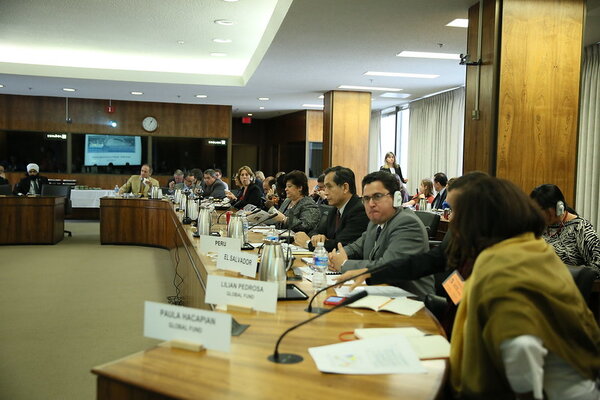
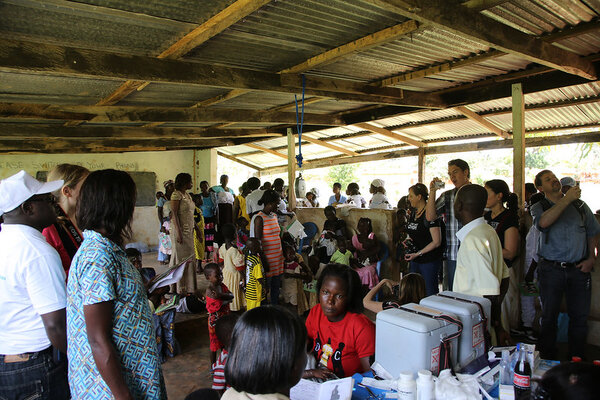
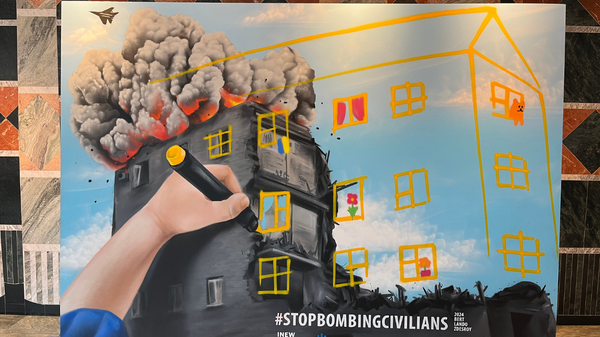

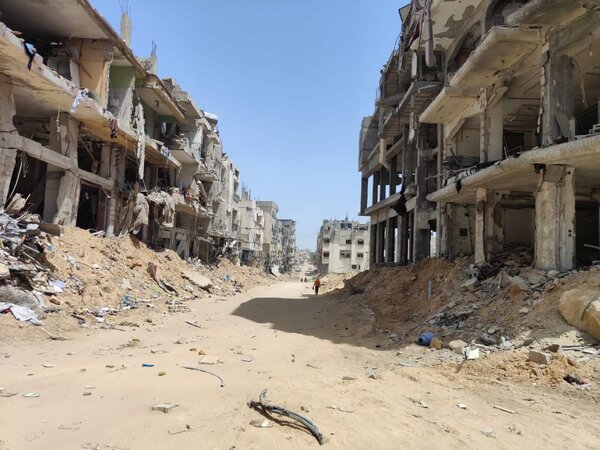
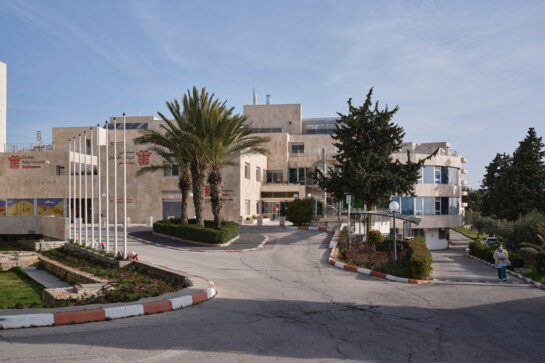



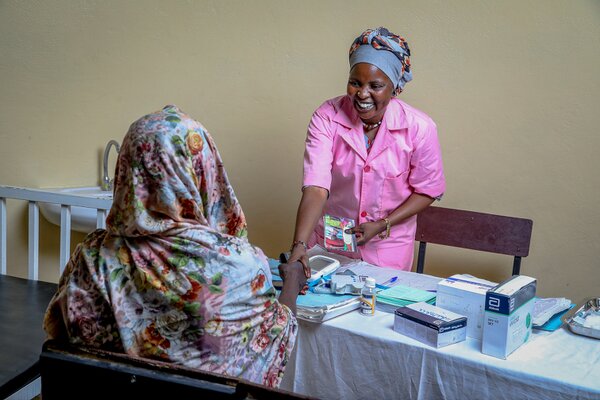
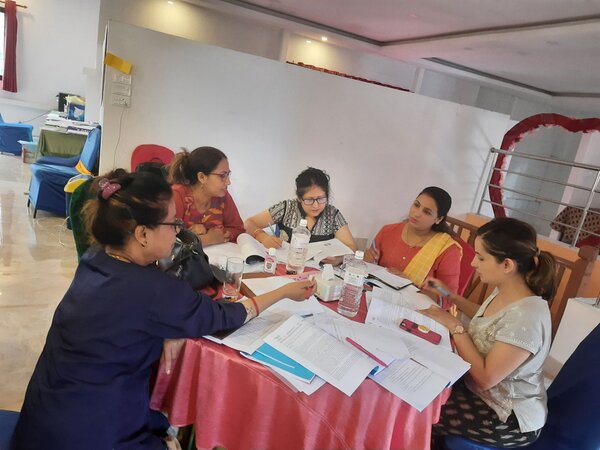



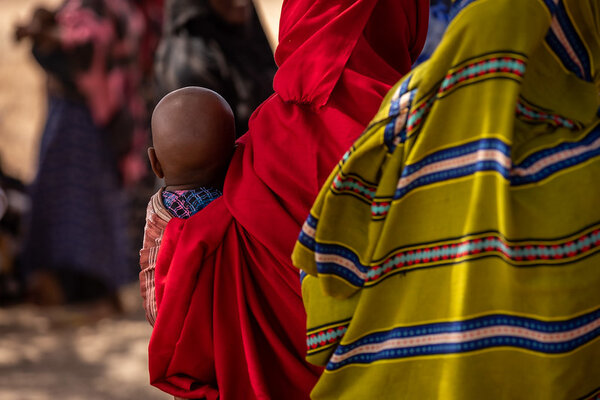

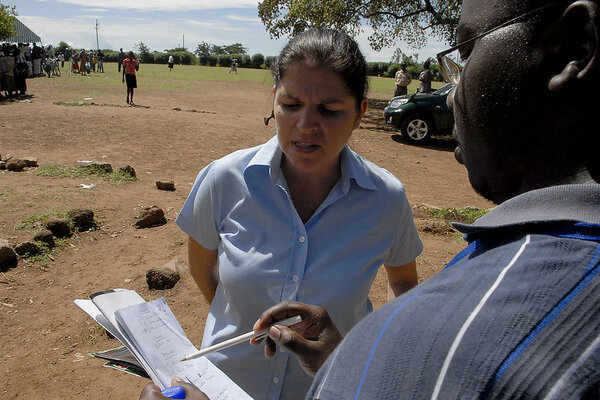
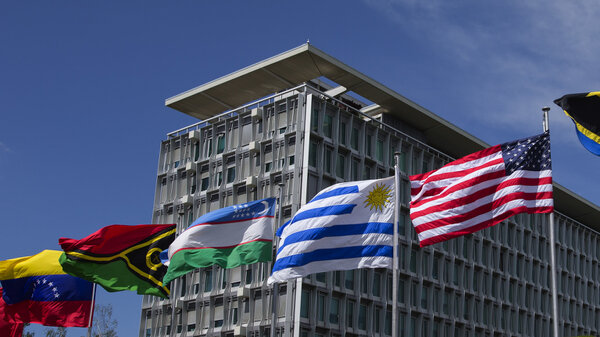


![IHR Goes into Extra Time: Countries Make Definite Progress on the Amendments to the International Health Regulations, But Not Enough to Close a Deal [WG-IHR8]](/de/assets/image-cache/uploads/images/news/2024/shray-chawla-Qqs8ppyxANw-unsplash.0a13a20e.jpg)















